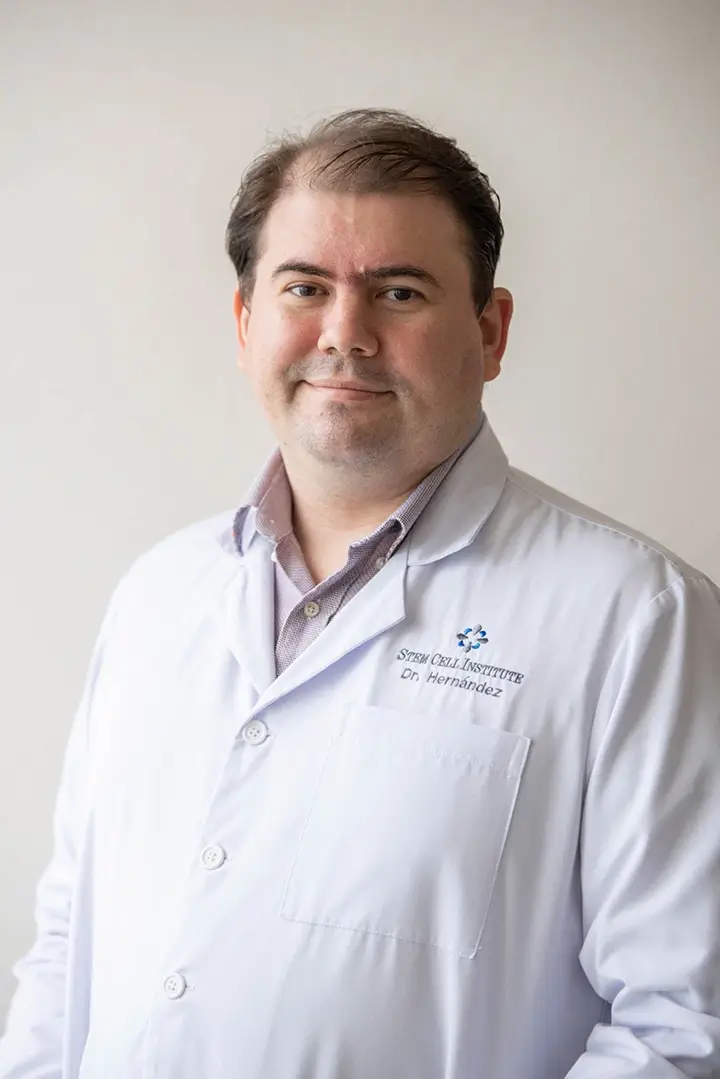One of the oldest people in the world, Sarah Knauss (119 years old), might have had more than just “good genes.” “Adult stem cells – known for their healing and regenerative properties – might hold the key to a long and healthy life,” says Wayne Marasco, MD, PhD, of Dana-Farber at the recent International Vatican Conference on Adult Stem Cells in Vatican City, Italy.
“We have learned in the past 10 years that there are all kinds of stem cells that circulate in the blood – they aren’t just found in bone marrow,” said Marasco, of Dana-Farber’s Department of Cancer Immunology and AIDS. “There are dozens of studies that support the fact that this is a large and dynamic population of cells that might help us keep our bodies healthy for a longer period of time.”
Stem cells are assigned to specialized zones in the body and called into action when the body faces stress or even a minor injury. For example, when someone has a heart attack or stroke, an agent is released into the blood, recruiting stem cells and directing them to the damaged tissue.
In addition to their healing powers, stem cell levels are also an indicator of future health. Studies have shown that a person’s level of endothelial progenitor cells, stem cells that form the tissues that line blood vessels, can predict whether or not a patient who has a heart attack will die or need major hospitalization.
Since stem cell levels can be modified through diet, lifestyle changes, or drugs, monitoring stem cells could prevent certain health risks and delay disease from occurring.
“The bottom line is that stem cells may be a better indicator of health and aging than the regular annual blood test, which was developed 50 years ago,” Marasco says. “Now that we know more about adult stem cells, this should be part of a routine test.”
Stem cell therapy may not be too far off in the future. Marasco says that doctors will soon be able to check stem cell levels in a drop of blood, using a finger-prick test much like those used by diabetics. Studies are also beginning to show the benefits of an FDA-approved molecule that improves the healing powers of stem cells, and the NIH has launched a new program that may lead to discoveries of already approved drugs that can boost adult stem cells.
“We can age gracefully, but we can also keep the body revitalized,” Marasco said. “The whole purpose of monitoring is to replenish our stem cells so that we can get more healthy years out of them.”

